The Gambia is the smallest West African nation and situated along the Gambia River. Spanning about 11,300 square kilometers, it is encircled by Senegal, except for its Atlantic coastline. Banjul is the capital city and contains the country's largest metropolitan area, Serekunda and Brikama.
With a population of 2,468,569 as of 2024, it derives its name from the Gambia river. Throughout history, The Gambia has been influenced by Muslim traders and Portuguese explorers from the 9th to the 16th centuries. Arab merchants established trade routes and Islamic kingdoms emerged, while Portuguese dominance along the coast shaped its early colonial period. The transatlantic slave trade also impacted the region until its abolition in the 19th century.
From colonial rule to independence in 1965 and subsequent republican status in 1970, The Gambia reflects a journey marked by struggle and resilience, symbolizing its people's aspirations.
Economy
The Gambia's economy relies on traditional subsistence agriculture, groundnut exports, re-export trade, and tourism. Agriculture contributes about 30% to GDP, with peanuts being a significant crop. Industry represents 8% of GDP, primarily agricultural-based manufacturing. Services account for 58% of GDP. The United Kingdom, China, United States, Japan and the EU are major export markets. The country faces a trade deficit, totaling $331 million in 2007. Banking has evolved, with both local and international banks establishing a presence.
Governance In Post-Independent Gambia
The Gambia gradually moved towards self-governance in the 20th century, achieving independence from Britain in 1965 as a constitutional monarchy within the Commonwealth. In 1970, it became a republic, with Sir Dawda Kairaba Jawara as its first president. However, political instability persisted, marked by attempted coups in 1981 and 1994.
Following the 1994 coup, led by Lieutenant Yahya Jammeh, The Gambia began a transition back to civilian rule, with elections held in 1996 and subsequent years. Jammeh's presidency was characterized by authoritarianism and human rights abuses.
In 2016, Adama Barrow's election ended Yahya Jammeh's 22-year rule, though Jammeh disputed the results, causing a political crisis. ECOWAS intervened, leading to Jammeh's step down and Barrow's inauguration in 2017. Barrow aimed to rejoin the Commonwealth and address human rights issues. He won re-election in 2021 amid ongoing political tensions, including a foiled coup attempt in 2022.
Unveiling a Dark Legacy under Yahya Jammeh's rule, the massacre of West African migrants & Crack Down on Dissent
In July 2005, a paramilitary group under Gambian President Yahya Jammeh's command killed around fifty migrants from Ghana, Nigeria, and other West African countries, suspecting them of being mercenaries plotting against him. The killers, known as the "Junglers," operated under Jammeh's direct orders, according to former Gambian officials. Evidence suggests that Jammeh's allies in the military, navy, and police detained and executed the migrants. Despite international outcry and efforts to investigate, accountability was elusive under Jammeh's autocratic rule, characterized by media censorship and political oppression.
Survivor testimonies and investigative reports corroborate the state-sanctioned nature of the killings, prompting calls for justice from the victims' families and human rights organizations. Ghanaian authorities, urged by survivors and activists, sought to investigate and potentially prosecute Jammeh for his role. The Gambia Truth, Reconciliation, and Reparations Commission resumed hearings on the massacre, shedding light on Jammeh's reign of terror.
The tragedy underscores the vulnerability of migrants and the importance of international oversight in countries with weak legal systems and authoritarian regimes.
The Gambian government has faced criticism for curbing free speech through restrictive laws and actions targeting journalists. A 2002 law empowered a commission to license and imprison journalists, while subsequent legislation allowed imprisonment for libel and slander, alongside high licensing fees. Journalists have been arrested for criticizing the government or implicating officials in coup attempts. Deyda Hydara, a newspaper editor, was killed under mysterious circumstances. Government-controlled media further limits freedom of expression. Reporters Without Borders has accused the government of employing violence and threats against journalists. In 2010, a former editor was awarded damages for torture while in detention.
Following Yahya Jammeh's 2023 departure from The Gambia, the Truth, Reconciliation, and Reparations Commission (TRRC) documented human rights abuses during his 1994-2017 rule. The TRRC's report urged prosecution for those responsible, including Jammeh. The Gambia plans a Special Prosecutor's Office and an internationalized judicial framework, supported by ECOWAS, to ensure accountability. ECOWAS, empowered to intervene in mass rights violations, could establish a criminal accountability mechanism. While Equatorial Guinea lacks an extradition treaty, its obligation under the Convention against Torture may facilitate Jammeh's extradition. The Gambia, ECOWAS, and the AU must collaborate to ensure justice, with financial support crucial for success.
Towards a future that embraces Accountability and Democratic Rule
The Gambia involves strengthening democratic institutions, upholding human rights, combating corruption, empowering civil society, ensuring electoral integrity, establishing truth and reconciliation processes, and engaging in international cooperation. These steps require fostering independence, transparency, and effectiveness in institutions, protecting civil liberties, implementing anti-corruption measures, supporting civil society organizations, promoting free and fair elections, addressing past injustices, and collaborating with international partners. By prioritizing these initiatives, The Gambia can build a more just, inclusive, and prosperous society, fostering trust in institutions and ensuring the well-being of its citizens.

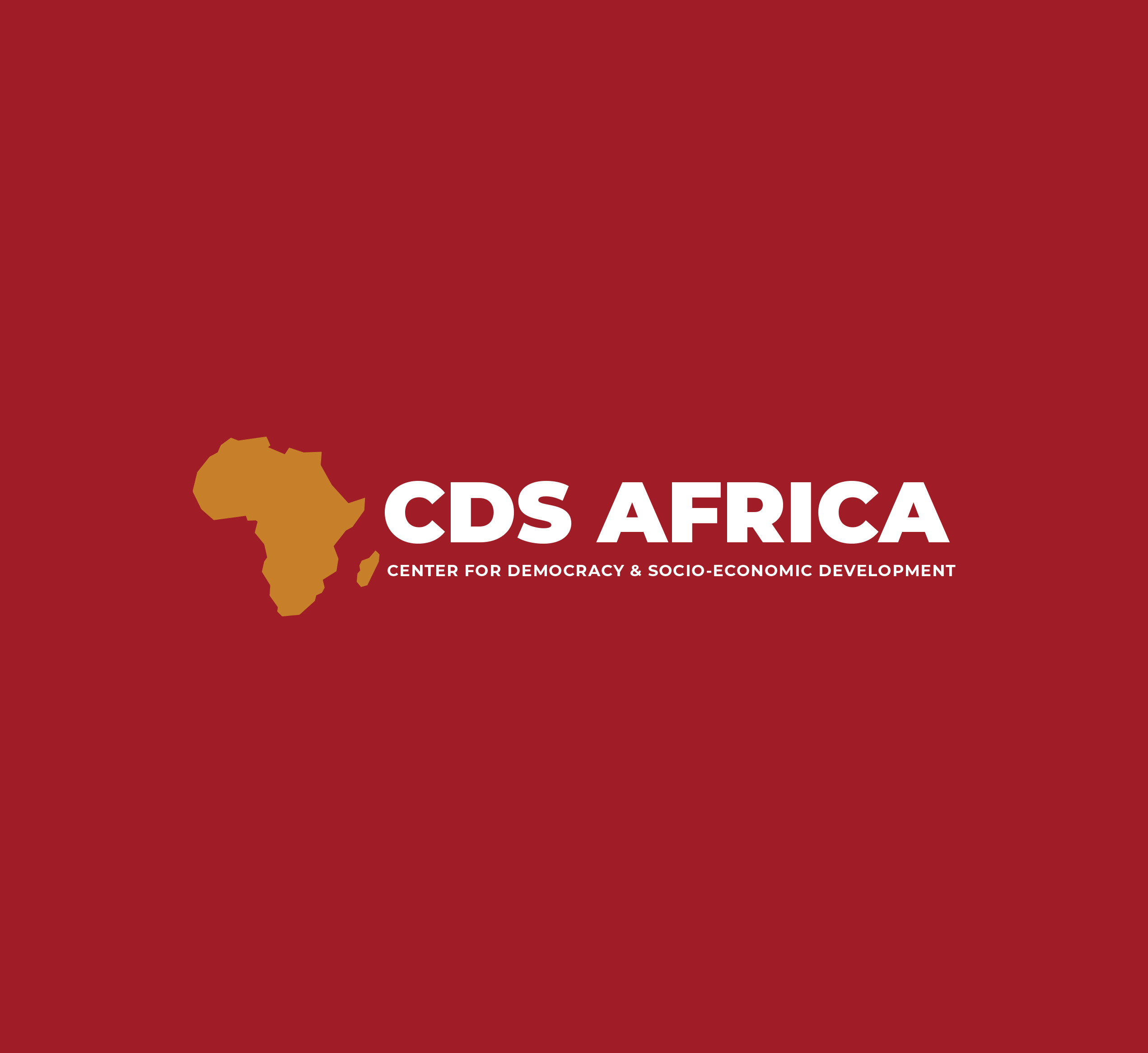
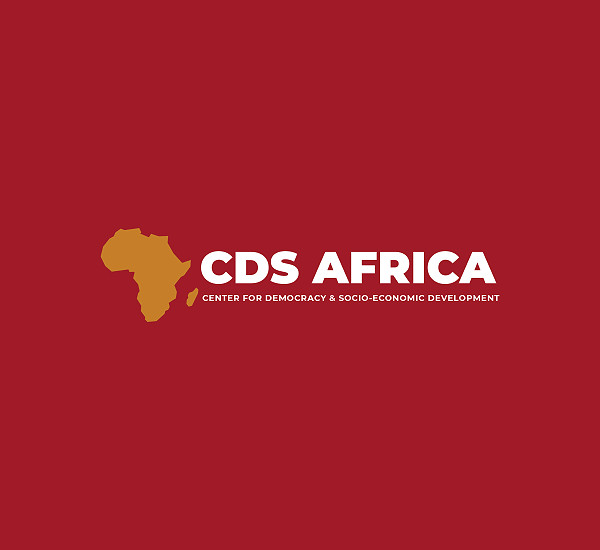
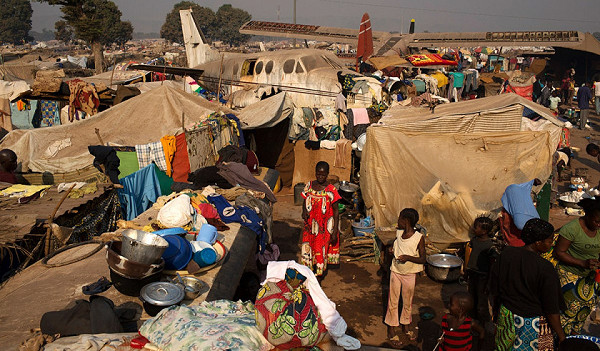
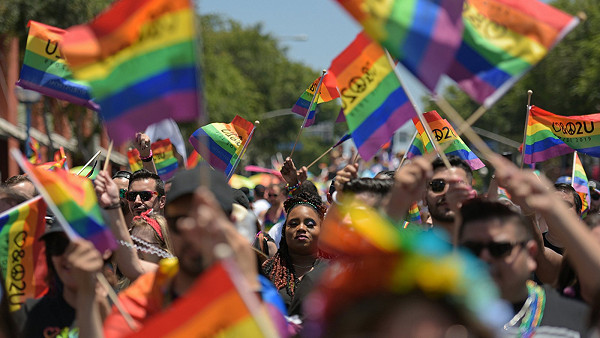
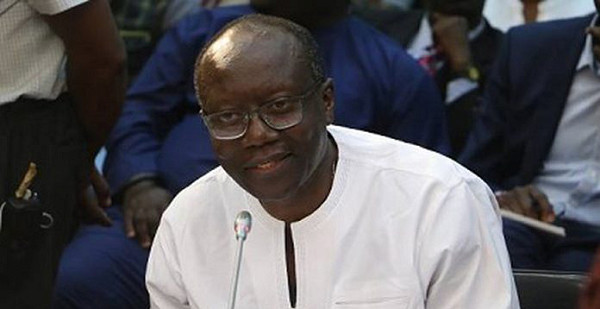
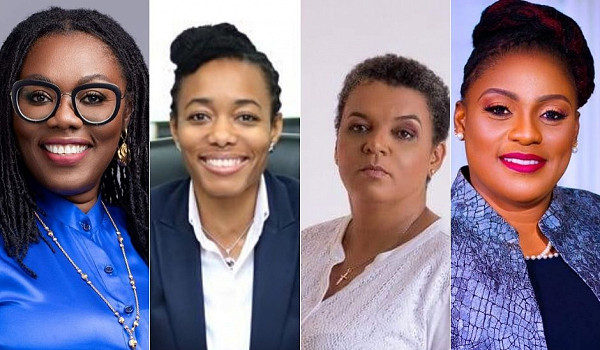
Write a Comment